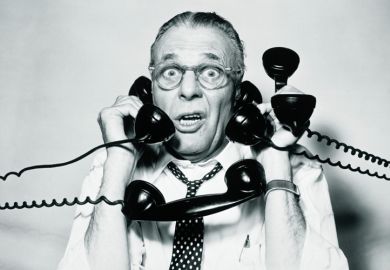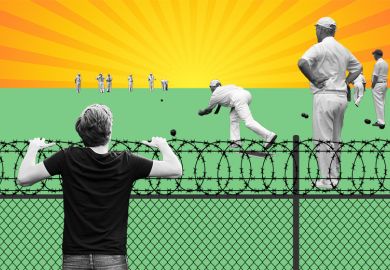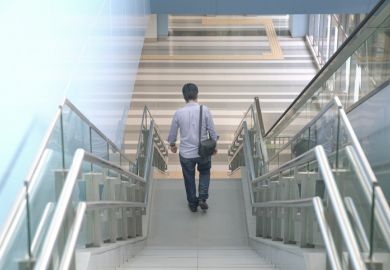1. I take my laptop with me everywhere. If I’m sat waiting for someone, I can get back to writing that conference abstract. If I’m in a meeting and an item doesn’t concern me (often most of the agenda) I can prevent an email backlog. If I’m attending a talk that doesn’t actually interest me, I’m back on with lecture tweaking – and if it does interest me then I’ll still be tapping away, citing the talk directly into an article draft or email to a colleague (not making notes to do so later). I do make sure to stay “in the room”, and I’ll pipe up in meetings if I think I can help, but if things really don’t concern me and if I couldn’t help at all, then I’m back to work. If anyone is offended by my multitasking, frankly better that than getting home late to my family (or working when I get there).
2. Relatedly, I never use a pen and paper. No really, not ever. Everything I write needs to go on a computer at some stage anyway, so it may as well go there directly. If I’m at a meeting and I agree to email someone, or design a form or whatever else, I don’t make a note to do it later; I’ve already started it by the end of the meeting (maybe even finished it). If it’s my turn to minute the meeting, those minutes are finished at the end of the meeting. No transferring of scribblings needed.
Read more: Universities should ask whether their academics work too much
3. I say no a lot (politely). I pass up opportunities that would overload me, and pass on responsibilities to willing people. I pull my weight (I think, I hope!), but I don’t thirst for power or territory.
4. I plan my route around a building, and I combine trips. If I have to print something, deliver something, collect something and teach something, I find the quickest route between those. And I seldom make special trips for just one thing.
5. Google Drive. Let’s see now: I need to arrange my students into 20 individual presentation slots, split over four seminars. I could field endless emails, or I could make and share a Google spreadsheet where they arrange themselves into slots. They don’t have to wait for me, and they can also contact each other to swap slots. Win-win. Maybe I also need to gather colleagues’ reading suggestions on a topic. I could send a request to email lists, field dozens of responses, then collate them myself, or I could make a publicly editable Google doc (e.g. goo.gl/rjM0KX). No admin for me, and it’s also more accessible for contributors. Win-win. Meanwhile if I’m co-writing an article in a Google doc, we can both edit the same version at once; no waiting for each other’s updates or confusion over which email attachment is the latest version. These are just three ways Google Drive can massively reduce admin.
6. E-books. It does take a bit of getting used to (maybe a lot), but the time saving is huge. The ability to track down that quote I half-remembered in seconds not hours, the power to instantly find all the uses of a term in a book (or even in all my books!), the joy of never ever having to wait to get back to the office/home/library (or worse, a dreaded inter-library loan) to check a source, and the sheer cumulative time saved in not physically going to the library and around its shelves – all these things drove me away from hard copies and into the arms of e-books. Libraries might have a certain charm, but this is work, and I’ll get it done as quickly as possible. I haven’t stepped into a library for my own purposes in years.
Read more: How many hours a week should academics work?
7. Some days I work from home, some days at the office, but never both. It takes me 30 minutes from my desk at home to my desk at work, and that’s 30 minutes I could be working.
8. During the day I don’t nip out of the office for personal errands. I don’t chat or gossip. I don’t take little breaks. I like to think I’m collegial and friendly, not an irritable hermit, but generally I am extremely precious about my time and I get twitchy about even a minute’s downtime. That might seem stressful, but you know what’s not stressful? Packing it in at 5pm, every single day, then going home to my family.
Dave Sayers is a senior lecturer in sociolinguistics in the department of humanities at Sheffield Hallam University and an honorary research fellow at Cardiff University and the Wales Institute of Social and Economic Research, Data and Methods.
Register to continue
Why register?
- Registration is free and only takes a moment
- Once registered, you can read 3 articles a month
- Sign up for our newsletter
Subscribe
Or subscribe for unlimited access to:
- Unlimited access to news, views, insights & reviews
- Digital editions
- Digital access to THE’s university and college rankings analysis
Already registered or a current subscriber? Login








